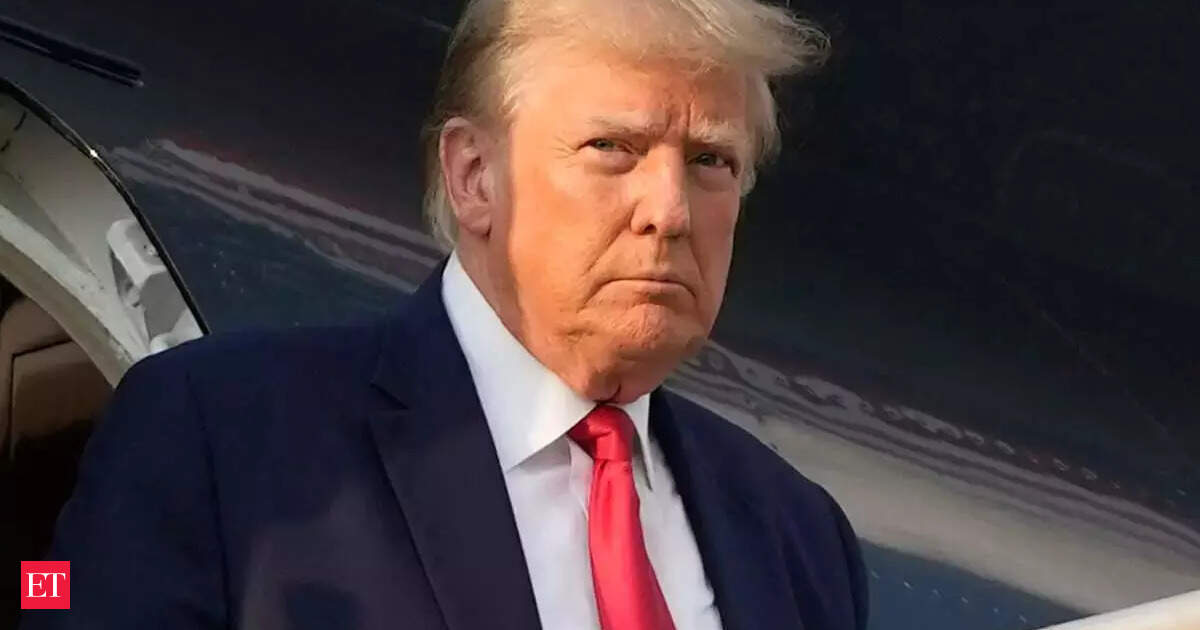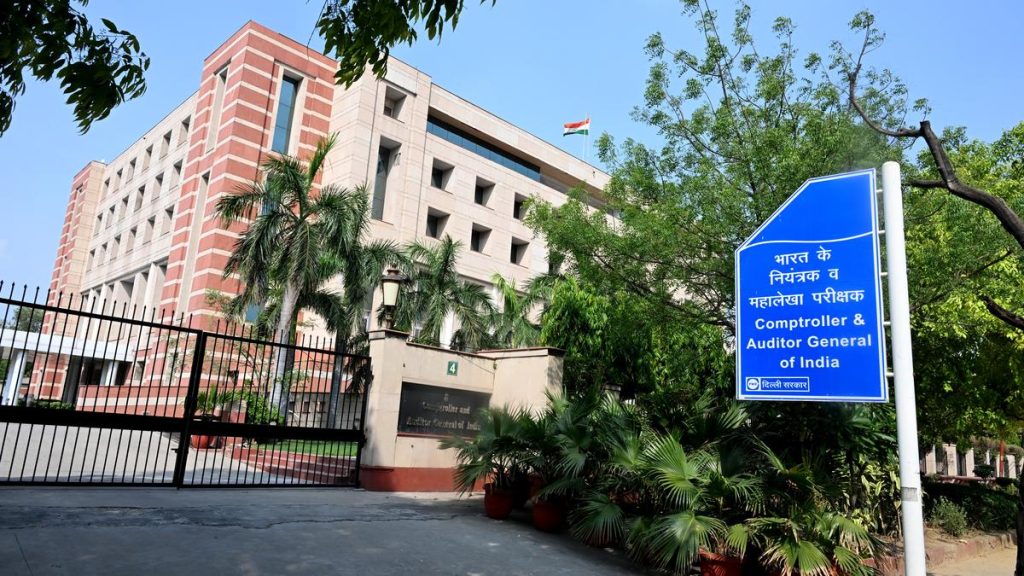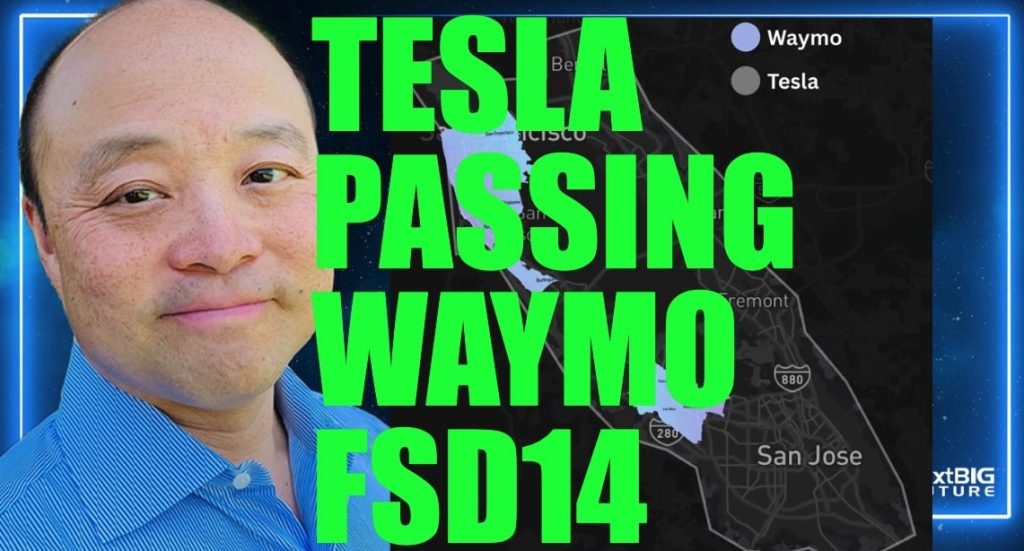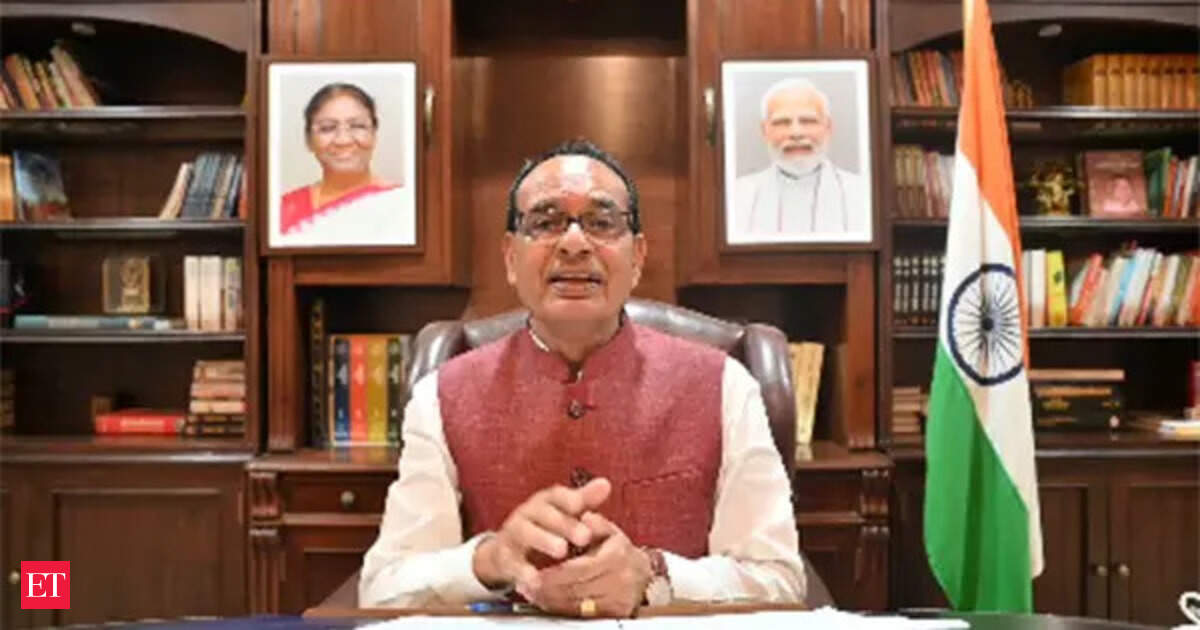Now Reading: Trump Urges China to Boost US Soybean Imports
-
01
Trump Urges China to Boost US Soybean Imports
Trump Urges China to Boost US Soybean Imports

Rapid Summary:
- U.S. President donald Trump expressed hopes that China would quadruple its soybean orders from the U.S.,framing it as a way to reduce Beijing’s trade deficit wiht Washington.
- Trump’s remarks were made on Truth Social, referencing China’s concerns about a soybean shortage and highlighting U.S. farmers’ robust production.
- A tariff truce between the U.S. and china is set to expire on August 12, though there are indications it could be extended.
- China imports over 60% of globally shipped soybeans, sourcing primarily from Brazil and the United states; last year purchases included roughly 105 million tons of soybeans, with only about a quarter from the U.S.
- Market impact: following Trump’s statement, CBOT (Chicago Board of Trade) soybean futures rose by 2.13% to $10.08 per bushel as of early trading hours.
- Experts are skeptical about China’s ability or willingness to quadruple purchases from the United States due to its increased reliance on South American suppliers like Argentina and Brazil.
- Under the Phase One trade deal during Trump’s first term, China pledged higher agricultural imports but fell short of those targets.
- Recently, Chinese feedmakers have booked test cargoes for soymeal supplies from Argentina amid ongoing concerns over supply disruptions.
Indian Opinion Analysis:
The developments around China’s potential boost in purchasing U.S.-produced soybeans carry broader implications for international trade dynamics and could indirectly influence global agricultural markets-a category in which India is an increasingly meaningful player. The skepticism among analysts regarding such a shift underscores how entrenched China’s supply chain links with South America have become-highlighting strategic diversification amidst geopolitical tensions.
For India’s agri-export strategy,this serves as both cautionary insight into how nations hedge against risks in global trade disruptions and a possible chance space should relations or demand patterns change significantly in Asia-Pacific agriculture markets over time.
From an economic perspective relevant to India’s policies against import dependency or aspirations for export expansion-china reducing reliance on single-source imports (e.g., concentrating entirely on one country like the USA) reflects prudent defensive macro-strategy developing diversified reliability innovators can bridge


























